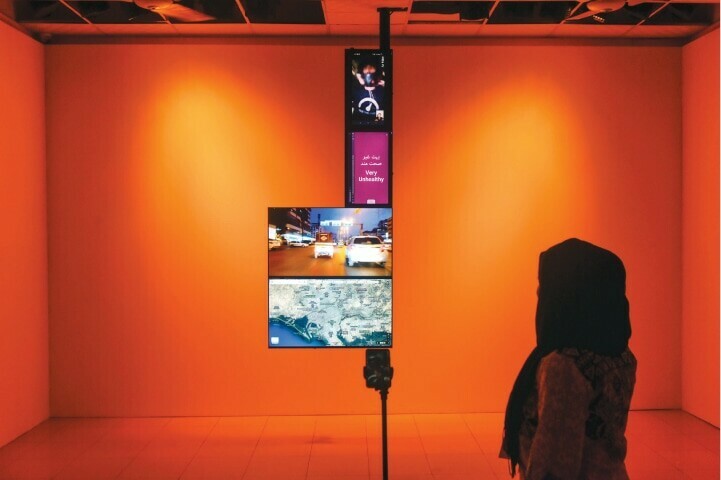he fourth release of the Karachi Biennale (KB24), Pakistan’s biggest contemporary craftsmanship presentation, will start off on October 27 and run till November 10. Waheeda Baloch, a professor at the University of Sindh, Jamshoro, will be in charge of the exhibition for the first time.
The event, which will take place in five public venues, will keep visitors interested with a diverse selection of installations, performances, pop-ups, and interactive sessions that focus on important global and local issues. Frere Hall, Bagh Ibne Qasim, the Sambara Art Gallery, NED University (City Campus), and Alliance Française are among the locations.
From Monday through Thursday, 10 a.m. to 6 p.m., and from Friday through Sunday, 10 a.m. to 7 p.m., KB24 will be held.
Vision of the curator: Rizq | Risk This year’s Biennale will investigate the paradox of “Rizq,” which means “sustenance,” and “Risk,” which means “threat.” With 40+ craftsmen from 11 nations taking part in 18 ventures, KB24 will zero in on the dangers to food security in the midst of Pakistan’s continuous environment and natural difficulties.
Baloch will highlight issues of environmental degradation, food sovereignty, and social justice based on her experiences with the recent floods. She elaborated in a statement posted on the website of the Karachi Biennale: Rizq | Risk aims to stoke critical discussions about the intricate connections between food security, environmental sustainability, social justice, and cultural heritage. It represents a perpetual paradox.
Colonial relics, globalization, climate change, and carbon emissions are just a few of the complex factors that are influencing local and global food systems, which will be the focus of the exhibition. It will investigate the deficiency of culinary legacy, land proprietorship questions, and neo-orientalist works on affecting food security while praising food recollections, oral chronicles, and local area drove options in contrast to current food frameworks.
The Biennale will also focus on how agricultural livelihoods are impacted by waterways and how natural disasters affect food production. Through these investigations, craftsmen will work as activists and manageability advocates, welcoming general society to ponder how food frameworks impact and reflect more extensive cultural worries.
Through the use of art as a vehicle for both contemplation and action, the organizers hope to educate the general public about the issues of social justice and climate resilience.



